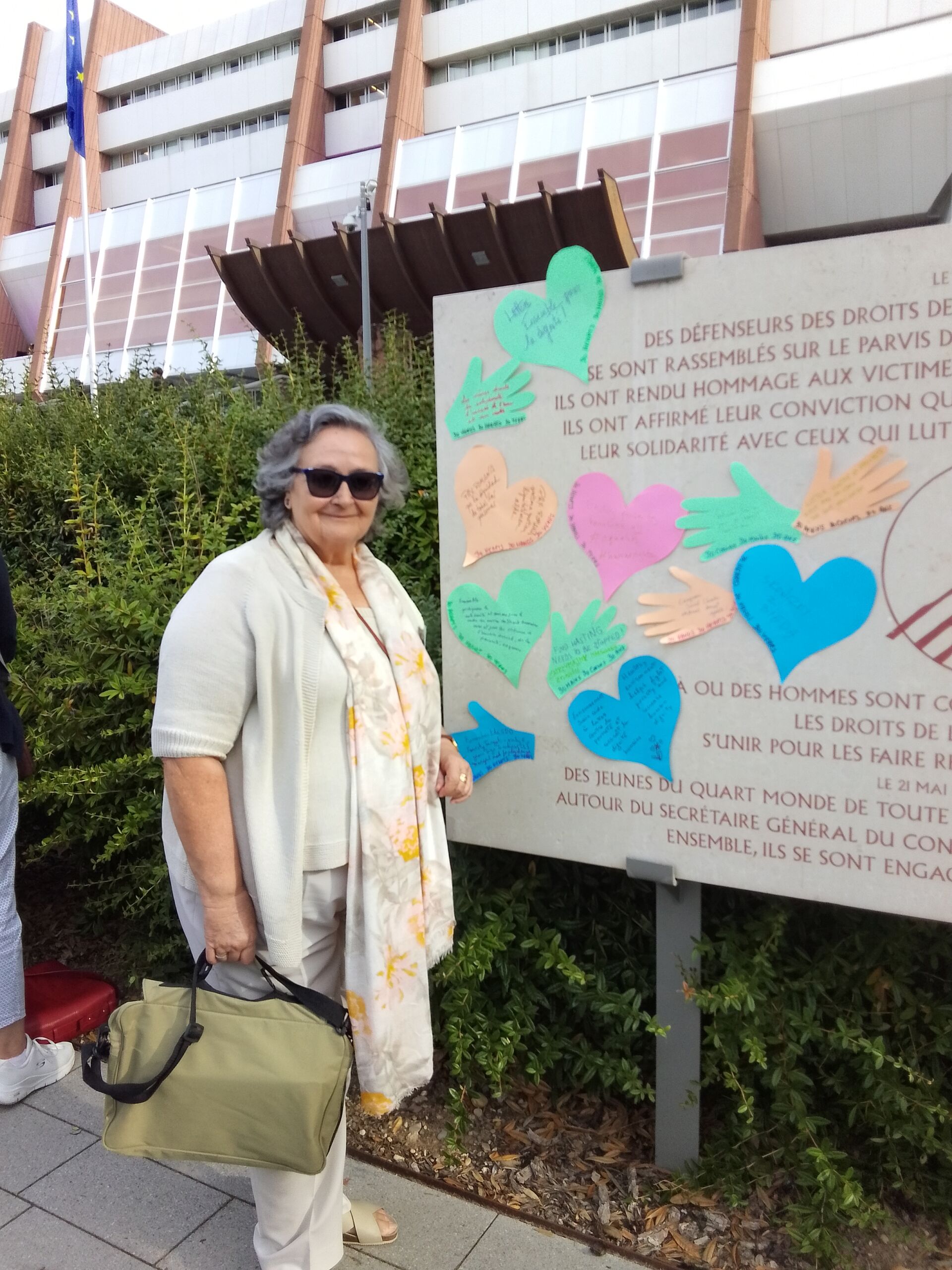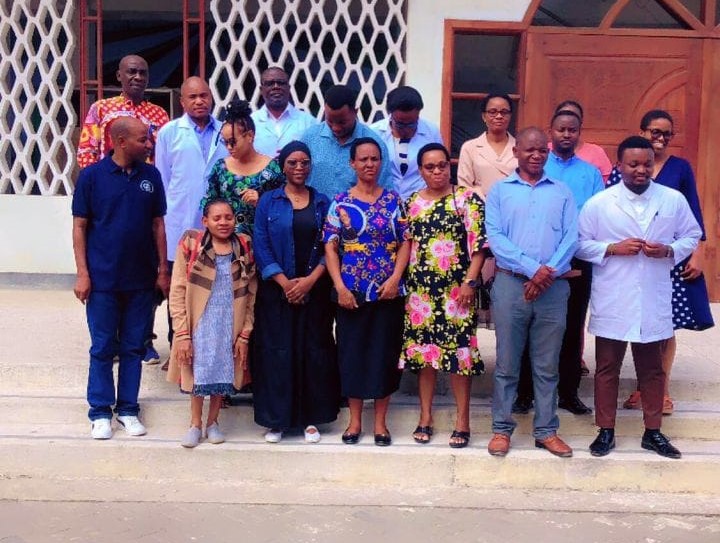CONFERENCE OF INGOS OF THE COUNCIL OF EUROPE
SPRING SESSION 2024 – ASSEMBLY II
The Second General Assembly corresponding to the Spring Session took place on April 9 and 10, 2024. The following activities were carried out:
- Votes to configure the new Permanent Commission including the presidency;
- Approval of the committees’ work plans, as well as the renewal or changes of chairs;
- Meetings with representatives of different bodies of the CoE. On this occasion, they were the Director for Democracy (CDDEM) and the Director of the Service for the Reykjavik Process and the Environment.
-
Vote of President, Vice-Presidents and members of the Standing Committee
A total of 16 candidates were presented for 11 positions: 1 President, 2 Vice-Presidents, and 8 Councilors. Gerhard ERMISCHER, the incumbent President, was the sole candidate for the Presidency and was ratified with near-unanimous support (2 abstentions among 96 delegates), reflecting positive outcomes from recent reforms in the Assembly’s working groups that boosted dynamism and results.
For the Vice-Presidency, four candidates vied for two positions. Geneviève LALOY, representing the COMENIUS network, was re-elected, and Piotr SADOWSKI, a member of the “European Platform for Lifelong Learning,” was newly elected. Both received around two-thirds of the Assembly’s support.
The Permanent Commission also saw 11 candidates compete for 8 positions. Most were elected in the first round, with Ruth ALLEN (72 votes) leading the group. Others elected included Anna SEVORTIAN, Ece CIFTCI, Olga SADOWSKAYA, and Goran MILETIC.
President ERMISCHER highlighted the balance between continuity and new additions to the Standing Committee, enhancing the diversity of competencies and origins. Key objectives for the new leadership include advancing the Reykjavik process, improving coordination with the Council of Europe (CoE), and protecting NGOs in countries like Russia, Belarus, and Hungary. Vulnerable people’s defense was occasionally mentioned.
Simon MATHUSSEN initiated a brief but intense debate on the risk of a generalized war in Europe and whether the institutions tasked with maintaining peace, such as the Conference and the Council of Europe, are being managed effectively. Three delegates highlighted current challenges: the first noted the absence of effective interlocutors in the conflict zones; the second pointed out that judicial institutions were already preparing to address war crimes, and the third criticized the tendency to label all European countries as democratic simply because they hold elections when many still fail to uphold fundamental principles like judicial independence, freedom of association, and freedom of expression.
The conference president emphasized that the absence of war does not equate to peace, stressing that true peace must be based on law and justice. He pointed out that not all European countries fully respect democratic values and the rule of law. In conclusion, he underscored the importance of the conference and civil society’s role in exposing and addressing the shortcomings in democracy across Europe, reinforcing the necessity of vigilance in safeguarding democratic principles.
The debate closed with the request from the delegates to the new Permanent Commission, to organize another session due to the importance of the issue. This will enable the participants to do proper contextualization.
-
Vote for the approval of the Committees’ new projects
The final day of April 10 was focused on presenting the new work plans of the Committees. All projects, available for review online, were approved except for the Committee for the Defense of Social Rights, which will present its project in the Autumn Session.
http://www.coe.int/en/web/ingo/committees
The Education Committee requested a one-year extension due to a late start in the previous mandate. Committees that have initiated new projects include Migration, Artificial Intelligence, Children’s Rights, Environment and Health, Women’s Rights, and others. The new Standing Committee will present its strategic plan for the next three years at the 2024 Fall Session, emphasizing continued work on the Reykjavik process and collaboration with NGOs.
-
Meeting with the heads of CoE bodies
The Director for Democracy, Matjaz GRUDEN, introduced the program of the new Steering Committee (CDDEM), which was created with a mandate from Reykjavik to combat the decline in democratic quality caused by increasingly frequent dubious practices in many Council of Europe (CoE) member states. He acknowledged the tensions and deterioration among member states and emphasized the need for participatory processes, involving Civil Society and the Conference, to regenerate democratic practices.
GRUDEN highlighted the importance of continuing collaboration with Conference observers and stressed the significance of the Recommendation for Deliberative Democracy as a core element of the new program.
Tanja KLEINSORGE, the second CoE representative, discussed her role in the Reykjavik process concerning environmental issues. She expressed openness to collaboration and revealed that a coordinated environmental strategy had been drafted, awaiting approval from the Council of Ministers. If no major obstacles arise, this strategy will be implemented in all countries by May 2025. KLEINSORGE emphasized the importance of multidisciplinary teams and praised a Swiss court ruling supporting older women’s claims for the right to a healthy environment. She expressed her commitment to advancing the recognition of this right within CoE bodies.
The session concluded with brief announcements, including the dates for the Autumn Session on October 14-16.
Pobeña, August 1, 2024
Begoña Ocio
Permanent Delegate of Pax Romana to the Conference of INGOs of the CoE.





Leave A Comment
You must be logged in to post a comment.